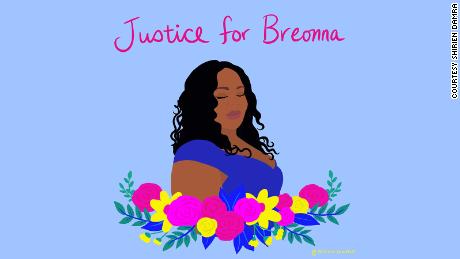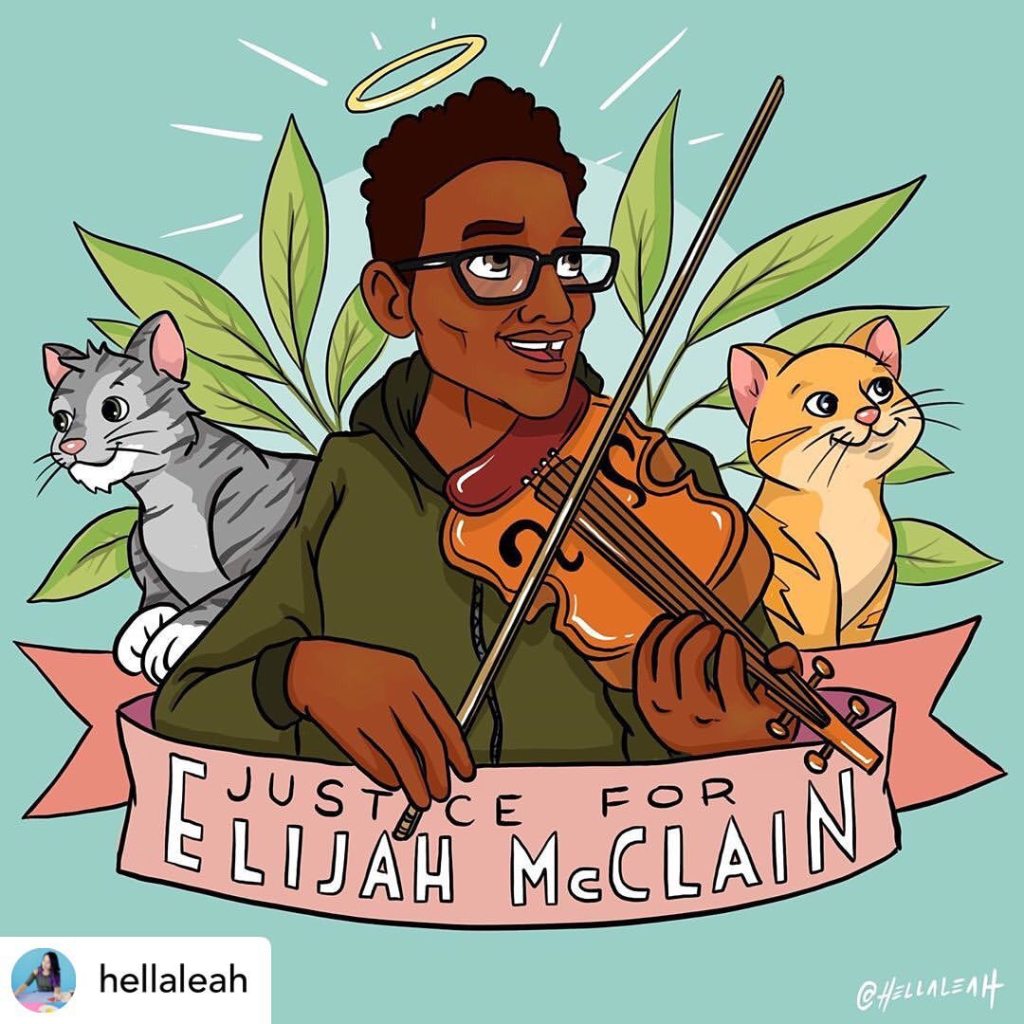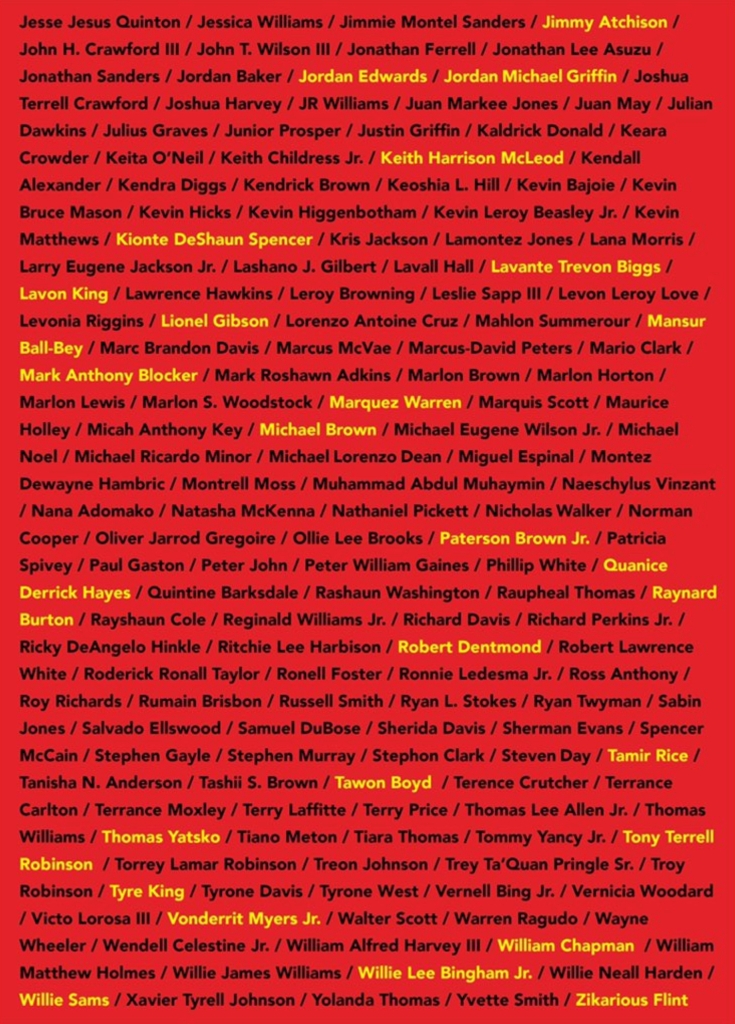Since 2016 the worlds eyes have watched American police departments, justify excessive force onto black bodies. It seems like once a month there is a new case of an unarmed black person dying in police custody that we have to rally behind. As exhausted as we are and as hard it is to muster surprise by the callousness in these deaths, we know that we have to keep trying. Three deaths caught the attention of the world this year because we weren’t too tired. Changes began to happen this year because we would not give up and throughout all of the chaos, there is more hope now than we’ve had in years for progression.
Freedom is never voluntarily given by the oppressor; it must be demanded by the oppressed.
Martin Luther King, Jr.
Judge, Jury, and Executioners

On May 25, Minneapolis police officers arrested George Floyd, a 46-year-old black man, after a convenience store employee called 911 and told the police that Mr. Floyd had bought cigarettes with a counterfeit $20 bill. Seventeen minutes after the first squad car arrived at the scene, Mr. Floyd was unconscious and pinned beneath three police officers, showing no signs of life.
Quote by (NY Times)
In the moments following his death, a number of things happened that people of color understand very well. The common excuses that follow police killings began to float around. Until the video surfaced and the full truth was shown, George Floyd’s case was threatened to be ignored, like the many that had come before his.
Negative comments about ethnic groups are unacceptable, hence speakers manage them by using particular types of languge, such as hedging or minimising, and other strategies, such as justifications, excuses and blaming the victim
Quote from the book Discourse & Society Vol. 23, No.1– Sage Publication, Ltd
In the case of George Floyd we heard the common phrases:
“He must have been resisting arrest.”
“He must have been violent.”
“Why didn’t he just listen to the police?”
When the chilling video was released by a bystander showing a compliant man begging for his life. The collective disgust in a person who could slowly kill a man whos lasts words were cries to his deceased mother sparked an outrage that demolished barriers between race, religion, ethnicities, and nations.
In the United States, American protests had an unprecedented number of young white paticipants. Larger than the U.S. has ever seen for an African American cause. These young activists were energized and articulate about their understanding of the struggles black people face in the U.S. and eager to absorb knowlege about anything that they did not understand. New York Times article One Big Difference About George Floyd Protests: Many White Faces explores this very concept, they wrote:
It is not just protests. White Americans are going through a wave of self-examination, buying books about racism, talking to black friends, and arguing within their own families. Still, how much of this translates into broader change remains to be seen.
Narratives and Identity

On March 13 Breonna Taylor, a 26 year old EMT, was fatally shot in the middle of the night by three police officers with a no knock warrent. Her apartment became linked to a narcotics investigation, and although the alleged drug dealer had already been arrested, the police officers came to her apartment following a lead that the young EMT’s apartment had recieved a package from the drug dealer at some point of time in the past.
Her case reached national heights three months after her death due to the George Floyd/ Black Lives Matter (BLM) protests and the BLM movement. Until then her case had been sitting in a stagnant place. Her incident report had even listed that there was no forced entry and that Breonna Taylor had not suffered any injuries.
Although the police that murdered her have not been arrested, the Louisville Metro Council voted unanimously to ban no-knock search warrants and the detective that lead the case has been fired from the department.
The suppression of incidents revolving around the black community and the police is nothing new. Another case that has recently reached national headlines is Elijah Mcclain‘s. He was a 23 year old who had been walking to a convienience store in August 2019. He was apprihended by police officers for wearing a ski mask and looking suspicious. When he began hysterically begging for his life during a choke hold, he was shot with an excessive dosage of ketamine and died of a heart attack. His story is only seeing the light of day because of the current BLM movement as well.

Questions of police officer’s lack of deescalation tactics durring altercations with African American people has been on the table for years. The fear that they feel towards black people exists because of long held naratives passed down since the Reconstruction Period and little has been done since to change the fable of the savage black man.
Investigative journalist Ida B. Wells wrote an article named Lynching and the Excuse for it in 1896 that holds some errie parallels to police killings today.
“Let us assume that the southern citizens who take part in and abets the lynching of negroes honestly believes that that is the only successful method of dealing with a certain class of crimes.”
“lynchings are the desperate effort of the southern people to protect their women from black monsters, and while the large majority condem lynching, the condemnation is tempered with a plea for the lyncher— that human nature gives way under such awful provocation and that the mob, insane for the moment, must be pitied as well as condemned.
We see this pitying condemnation every time a police officer goes to trial and gets aquitted from a crime we all know they commited for the sole reason that they were “afraid for their lives”. This narrative is destructive and robs people of color of their right to be innocent before proven guilty. It robs them of their individuality and identity. How utterly unfair must it feel for a person with power to take your life simply because they were afraid of you before you’ve ever had a conversation?

List of unarmed black men and women killed by the police in recent years. The yellow names were 21 or younger when they were killed. 
While the change that has come from the BLM movement has been a great step in the right direction, it is a far cry from an end all be all. Yes, it is amazing that this era has ushered in a more introspective society and now that more people are questioning their prejudices and taking action against oppressors, much needed legislations are being passed. I just find it hard to be satisfied when I know that as long as there are generalized narratives being spread of the “scary black people” there will be police officers that “fear for their lives” when they come in contact us armed or unarmed, hostile or docile.
